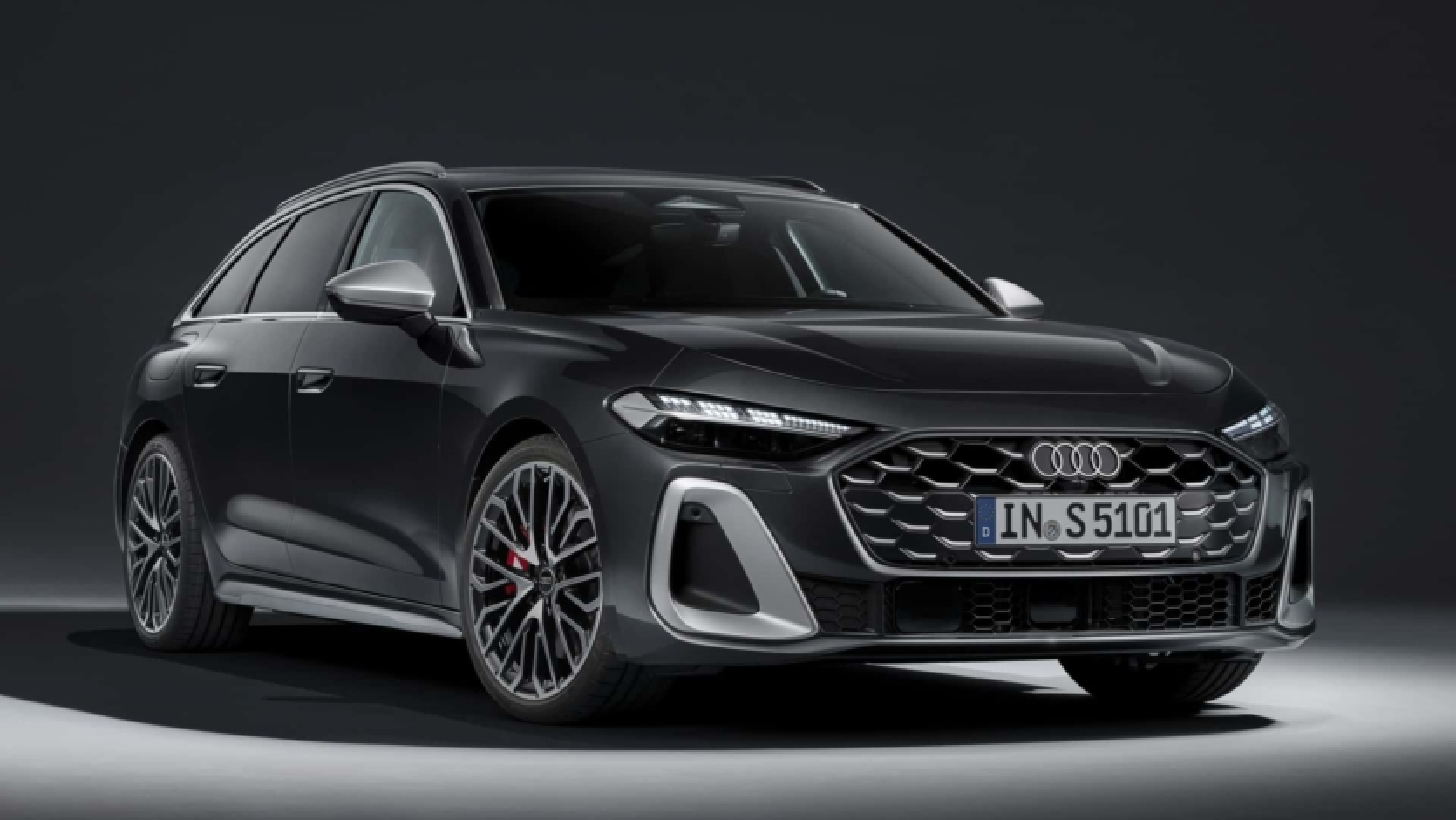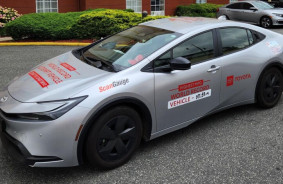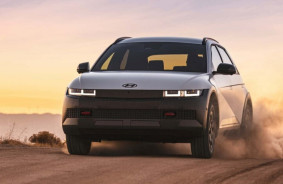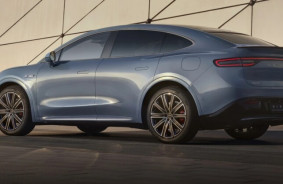Automakers are slowly backing away from their ambitious plans for complete electrification of their vehicle lineups. An increasing number of companies are acknowledging that internal combustion engine vehicles will remain on the market longer than previously expected.
This shift is attributed to several factors: underdeveloped charging infrastructure, the high cost of electric vehicles, insufficient consumer demand for them, and economic challenges. Moreover, some automakers believe that electric vehicles will never fully replace those with internal combustion engines.
Audi
Audi has become another company compelled to adjust its previously announced plans. In 2021, the brand promised to fully transition to electric vehicles by 2033, but it is now contemplating the continued inclusion of ICE vehicles in its lineup for a longer period. While speaking with Top Gear's journalists, Audi's CEO Gernot Döllner emphasized that the German brand must remain "flexible."
He made this remark in light of the European Union's potential decision to postpone its goal to ban the sale of new cars that produce harmful emissions until 2035. At the same time, the Audi leader asserts that electric vehicles are the only long-term solution to combat harmful emissions.
Meanwhile, Audi is intensifying its focus on hybrid vehicles. All future ICE cars will come with a PHEV option. Döllner acknowledged that these partially electrified powertrains will remain in the lineup longer than planned since the transition to purely electric vehicles is happening slower than initially expected.
VW Group
Audi has become the latest addition to a growing list of automakers forced to revise their plans for a complete phase-out of ICE vehicles. Porsche, which is also part of VW Group, made a similar announcement a few days ago. The company admitted that the shift to electric vehicles is taking longer than projected. Although it still aims for electric vehicles to account for over 80% of sales by the end of the decade, it now recognizes that this will depend on customer demand.
Bentley (another participant in VW Group) originally planned to eliminate gasoline vehicles by 2030. The new target is now set for 2033. Furthermore, the launch of the brand's first electric model, initially scheduled for 2025, has now been postponed for a year due to platform and software issues.
Volkswagen itself does not rule out keeping the current generation Golf with ICE in its lineup until the EU bans the sale of new vehicles with harmful emissions. This will occur in 10 years, provided that legislation remains unchanged until 2035. The 9th generation Golf will operate solely on electricity upon its market introduction closer to the end of this decade, coexisting with the gasoline version of the 8th generation for many years.
Other Automakers
Competitors are in a similar situation. Last week, Volvo also hinted that ICE vehicles might remain in its lineup in the next decade, despite having announced in 2021 its intention to fully transition to electric vehicles by 2030. The brand will now shift its focus more towards hybrids.
Mercedes initially aimed for hybrids and electric cars to represent 50% of annual sales by 2025. However, considering the market situation, this goal has been adjusted, and the company has abandoned its plan to sell only electric vehicles after 2030. Furthermore, Mercedes will continue producing ICE vehicles "through the 2030s." Previously, the company had predicted it would become fully electric by 2030, "if market conditions allow."
Ford had planned to sell only electric passenger cars starting in 2030. However, recently, Chief Operating Officer of the Model E Blue Oval electric unit, Marin Gjaja, admitted that "this was too ambitious." Now, the company will not abandon ICE vehicles after the end of this decade.
Toyota, the largest car manufacturer in the world, does not believe in a complete transition to electric vehicles. A few months ago, Chairman Akio Toyoda stated that the electric vehicle market share would never exceed 30%. He believes that "engines will definitely remain," which is why a new family of internal combustion engines is currently in development. Toyota recently joined forces with Mazda and Subaru to express its long-term commitment to internal combustion technologies, focusing on hybrids and carbon-neutral fuels.
Source: motor1














Comments (0)
There are no comments for now